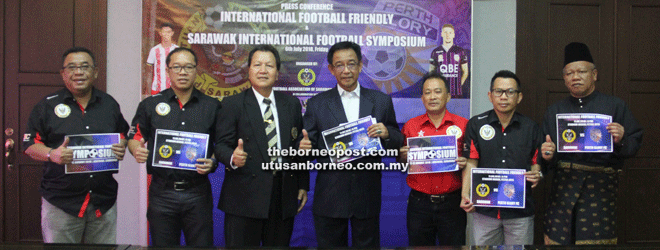
Old growth trees bear marks made from the latex tapping of ancestors, sometimes a century old. The Penan's forests are steeped in memory and cultural significance. Glues from plants are used to trap birds, and toxic latex poisons the tips of hunting darts. Leaves are used to sand wood into blowpipes or boats, to weave roofs, or to make balms that cure illness. Thomas Pelutan as a child (second from right) with his family circa 1960 Traditionally nomadic hunter-gatherers, today nearly all Penan communities have settled in small villages like Long Sepigen, but rely on the bounty of the forest for their daily needs. Thomas was born in these forests and considers them the ancestral home of his tribe, the Penan. Thomas’ wide veranda looks out onto small farms and valleys of dense rainforest, whose high ridge lines catch the last light of day.īeneath this veneer of tranquility is a fanfare of sound – the violin-like strings of empress cicadas, the cackle of hornbills, and the hypnotic whoop of gibbons ring out above the quiet cacophony of the forest’s more modest inhabitants. The village is a closely knit cluster of wooden houses, raised on stilts several metres from the ground. Thomas Pelutan’s village of Long Sepigen sits on a spur of the Selungo river, which flows through the mountainous interior of Sarawak.


It also details the plight of indigenous communities on the front lines of a long and sometimes violent struggle to prevent logging in their ancestral forests. This exposé, the result of a multi-year investigation, explains how Japan’s construction industry is sourcing from major Sarawak logging companies which are well documented to have been involved in illegal and massively destructive logging in the state’s vanishing rainforests. Sarawak is losing its tropical rainforests faster than anywhere else on earth, driven by a timber industry riddled with corruption and illegality. Half of this comes from the rainforests of the Malaysian state of Sarawak, on the island of Borneo. Japan imports more plywood from tropical forests than any other country, which feeds its huge construction and housing industries. Japan has committed to making the Tokyo games a model of sustainability, but the current practices of its construction industry raise questions about its ability to deliver. Major construction sites across the city contain the remains of one of the world’s most imperilled rainforests.Īs Japan prepares to host the 2020 Olympics in Tokyo, eight new venues will be built, part of an expected construction boom. While Laos was unable to take home the trophy, reaching the final under the guidance of coach Michael Weiss was a historic moment that will not be forgotten.Few people would associate Tokyo’s iconic skyline with the rugged rainforests of Malaysia, but the rise of one is literally being built on the fall of the other. Laos’ Under-19 football team stunned the region and the world with a 2-0 win over Thailand, knocking out their neighbor and pushing on to the final. The three games with Laos and Maldives will be held in Brunei starting on 21 September, while Brunei’s A-level national team will meet the Maldives team on 21 September, and Laos on 27 September. Pengiran Haji Matusin bin Pengiran Haji Matasan, President of FABD, said “After almost three years, FABD has not seen any international football match in Brunei Darussalam.”īrunei’s football association will be the first to hold international matches that will be staged at the artificial football field, which has been certified to host international friendly matches despite housing a limited capacity for spectators.ĭeputy President of FABD, Haji Salleh Bostaman bin Haji Zainal Abidin, said that there will be Tier 1 matches – a senior international game recognized by the International Federation and Association Football (FIFA) and the Asian Football Confederation (AFC). The first match between Brunei and Sarawak (Malaysia) under-20 teams will be held at the FABD Artificial Football Field on 28 August. The Football Association of Brunei Darussalam (FABD) announced this week that the country will host a series of international friendly matches to re-establish football activities after a hiatus caused by the pandemic.īorneo Bulletin reports that the series of international matches will begin with the national under-20 team playing against the Sarawak under-20 team, while Brunei’s national A team are expected to play friendly matches against Laos and Maldives next month. Brunei, Lao and Maldivian football players(Photo: Asean Football).


 0 kommentar(er)
0 kommentar(er)
